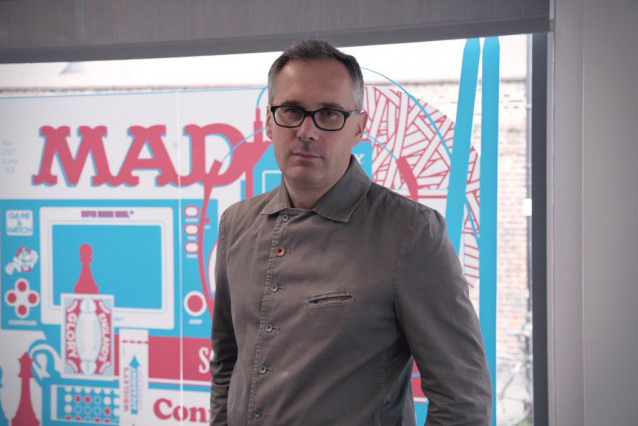Watershed. We’ve all used the word, but how many of us actually know its meaning? Though now commonly associated with post-9pm swearing on TV, it has been borrowed from geography – literally, a watershed is a ridge of land separating waters flowing to two different rivers, basins or seas – and repurposed to denote a turning point in a situation, often involving significant or dramatic change. Which is why for independent agencies in the UK, 2018 will be a watershed year.
Agencies are going to have to, more than ever, decide whether to remain independent or whether to embrace acquisition. Wieden & Kennedy has it written into its constitution that it will remain independent forever more, and Mother has cleverly backed many start-ups over the years to enrich its business.
In contrast, last year we began to see the beginning of what feels like a trend. Lucky Generals, Karmarama, 101 and The Corner all found new homes. My guess is we will see more through 2018, and this will happen for a number of reasons.
First, there is growing interest surrounding potential buyers of agencies, with a big focus in reports on the new players – be they management consultants, IT companies or emerging networks – wanting to come into the market. But less has been written about a second shift in thinking within some independent agencies, which has resulted in a move away from the traditional, immediate rejection of the notion of ever selling up, towards a more pragmatic approach that sees making a deal as a potentially viable strategy.
Being independent and in charge of your own decisions and destiny is a fine and fun way to earn a living, and selling should surely only be considered in cases where everything that makes an agency great and worth buying can be protected. And that makes any deal very difficult to pull off, because it’s rare that this is achieved.
At the same time, there is growing business pressure on independents to offset against the attractiveness of making your own decisions. The number of sizable clients available in the market to non-networks seems to shrink every year. And for proof of this look no further than the AAR New Business Pulse figures for 2017, featured in 北京赛车pk10 last week (January 4 2018), showing a decline in the availability of large pieces of business to non-group agencies.
Just seven brand owners with a media spend in excess of £20m called a pitch – compared with 11 in 2016. And of these Boots was realigned in a WPP-consolidation deal, Vodafone was an internal move within a WPP network deal, and Carphone Warehouse was moved via a huge bulk discount on fees to fellow roster agency AMV BBDO. In short, none of these three went to the open market. And of the other four, Hillarys did but despite a huge media spend, speculation around the pitch suggests the agency fee was only around 1 per cent to 2 per cent of the media investment. That leaves KFC, Dreams and Paddy Power – all lovely in their own ways, but a pretty small target to hit.
Many of the potential new predators are huge businesses and require massive scale to see even a flicker on their P&Ls. So it’s a cascade of deals, bringing multiple businesses together, which is likely to tip the balance and make independents become attractive to the new consultants prowling the parameter fencing. How a bunch of entrepreneurs will feel about all the collaboration required is a big point.
I think there will be a lot of deals done if the right safe guards are in place, and there’s no doubt that the independent agency sector in the UK is well placed to take advantage of industry commotion.
Are we moving to an era of ultra-consolidation? Possibly. But while some shed nostalgic tears, others will surely consider the new opportunities for the most able people in advertising to progress, change and reform our industry that further consolidation will create. Everyone across the industry, then – whether they are planning to sell (or buy) or simply sit tight – should brace themselves for the coming watershed.
Matt Charlton is the chief executive of Brothers and Sisters.


